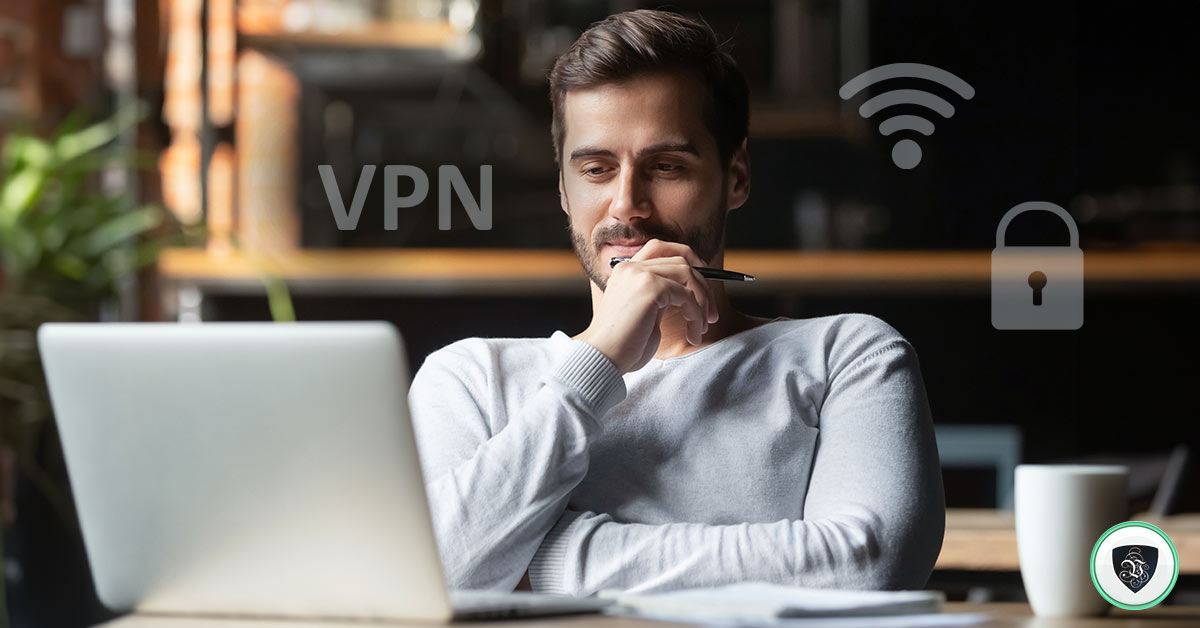The Evolution of VPN Legislation
The digital landscape is ever-evolving, and with it, the legal frameworks governing technologies such as Virtual Private Networks (VPNs). As we navigate through 2025, the legal landscape of VPNs has become a pivotal topic for both tech enthusiasts and everyday internet users. While VPNs have long been tools for privacy and security, their legal status varies significantly across the globe, influenced by local policies, geopolitical tensions, and technological advancements.
VPNs, initially developed as a means for businesses to provide secure remote access to their networks, have been widely adopted by individuals seeking online privacy and security. This increased usage has not gone unnoticed by governments worldwide, leading to a diverse range of legal stances toward VPNs.
Global Legislative Variations
The global approach to VPN legislation is anything but uniform. Countries like the United States and those in the European Union generally allow the use of VPNs, although they are subject to specific regulations that ensure they are not used for illegal activities. The European Union, for instance, emphasizes the General Data Protection Regulation (GDPR), which impacts how VPN providers handle user data.
Conversely, countries like China and Russia maintain strict control over internet access and have implemented laws that either restrict or outright ban the use of unauthorized VPNs. These countries require VPN providers to obtain government approval and comply with stringent data monitoring policies.
In other regions, such as the Middle East, the legal stance on VPNs can be quite complex. While some countries like the United Arab Emirates allow VPN usage, they impose heavy fines for using them to access restricted content.
Implications for Users
For VPN users in 2025, understanding the legal landscape is crucial to maintaining both compliance and privacy. Here are some key implications for users:
1. Awareness of Local Laws: Users must be aware of the legal status of VPNs in their country of residence. This knowledge will help them navigate potential legal challenges and avoid penalties.
2. Choosing the Right VPN: Opting for a VPN provider that is transparent about its data policies and adheres to international privacy standards is essential. Providers with a no-log policy, such as Le VPN, are preferable as they do not store user data, thus minimizing risk.
3. Understanding Terms of Service: It’s important for users to read and understand the terms of service of their VPN provider. This includes understanding how the provider handles data requests from governments.
Emerging Trends in VPN Legislation
As we look to the future, several trends are likely to shape the legal landscape of VPNs:
1. Increased Regulation: Given the growing concerns over cybersecurity and data privacy, more countries are expected to introduce regulations that govern the use of VPNs. This could include mandatory registrations and compliance with local data laws.
2. Encryption Standards: There may be moves to standardize encryption protocols used by VPNs to ensure a baseline level of security. This could lead to a universal set of guidelines that VPN providers must follow.
3. International Agreements: With the global nature of the internet, international agreements may be forged to create a cohesive legal framework for VPN use. This could simplify the legal landscape for users who travel frequently.
VPNs in the Corporate World
In addition to individual users, businesses have a vested interest in the legal status of VPNs. With remote work becoming a permanent fixture, companies rely on VPNs to secure their data and communications. However, they must ensure that their VPN usage complies with both local and international laws.
Businesses should invest in VPN solutions that offer robust security features, such as multi-protocol support and strong encryption. Le VPN’s extensive server network and comprehensive support make it a reliable choice for businesses looking to safeguard their digital assets while adhering to legal standards.
Conclusion: Navigating the Legal Terrain
The legal landscape of VPNs in 2025 is a complex web that requires careful navigation. For users, staying informed about local laws and choosing trustworthy VPN providers are crucial steps in ensuring both compliance and privacy. As the digital world continues to evolve, so too will the regulations governing VPNs, making it imperative for users to remain vigilant and proactive.
By understanding the nuances of VPN legislation and making informed choices, users can continue to enjoy the benefits of online privacy and security in an ever-changing legal environment. Whether for personal use or business purposes, VPNs remain an invaluable tool for safeguarding digital rights in 2025.
For those concerned about protecting their digital identity, understanding how VPNs can be used against data breaches is essential. Moreover, in the era of internet of behaviors, VPNs safeguard your data in a world where online activities shape human behavior.
EXCLUSIVE DEAL
First 3 years for $2.22/mo
NO LOGS
100+ LOCATIONS
P2P ALLOWED
Easy To Use
30-Day Money Back
Friendly Support
Bitcoin Accepted
Ultra High Speeds



